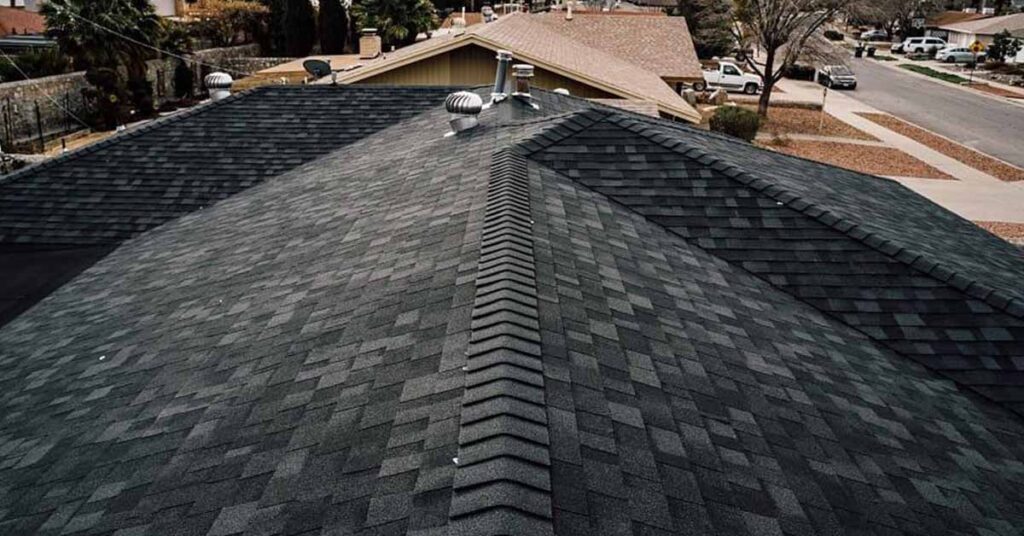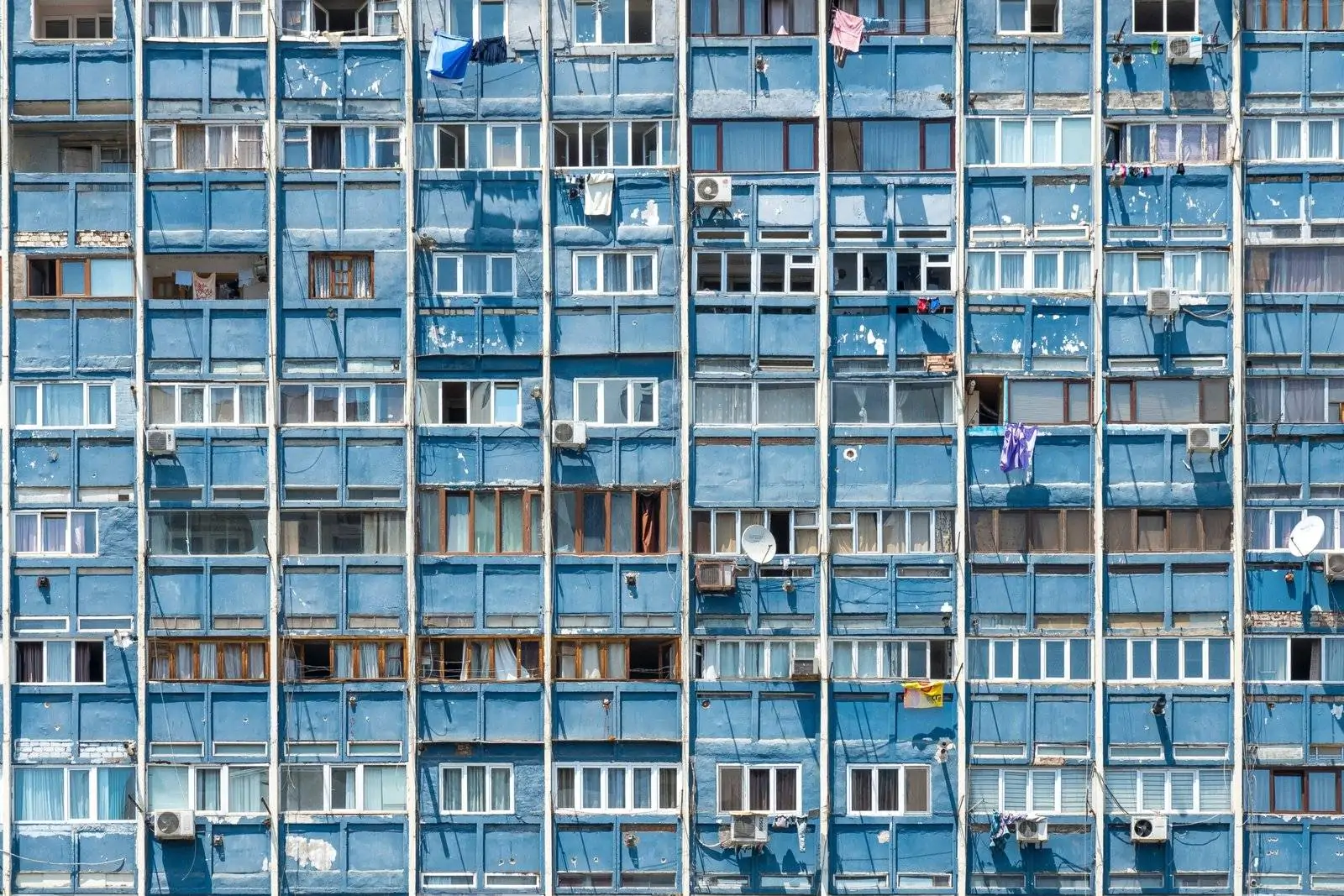When it comes to choosing the color of your roof, one common concern that homeowners often have is whether opting for a black roof will make their house hotter. So, in this guide, we will explore “Does a black roof make your house hotter”? Let’s get started.
How Roof Colors Interact with Sunlight?
It’s essential to understand how roof colors interact with sunlight. Darker colors, such as black, absorb more sunlight, while lighter colors reflect it. This basic principle forms the basis of how different roof colors affect the temperature inside your home.
Does a Black Roof Make Your House Hotter?
The notion that a black roof can significantly increase the temperature inside your home is a common concern among homeowners. The belief stems from the understanding that dark colors absorb more sunlight, leading to the assumption that a black roof would result in a hotter living space. However, while it’s true that dark colors absorb more heat, the actual impact on home temperature is more nuanced than often perceived.
Research and scientific studies have shed light on this topic, revealing that the color of your roof alone does not have as significant an impact on interior temperature as previously believed. While a black roof may absorb more heat compared to lighter-colored roofs, the difference in temperature is not as dramatic as commonly assumed.
Factors Influencing Home Temperature
Several factors play a more significant role in determining the temperature inside your home, including insulation, ventilation, roofing materials, and the local climate. These factors often have a more significant impact on energy efficiency and comfort levels than the color of your roof.
Roofing Materials Matter
The type of material used for your roof can influence its heat absorption and retention properties. For example, asphalt shingles, regardless of color, tend to absorb and retain more heat compared to metal or reflective roofing materials. Therefore, choosing the right roofing material based on your climate and energy efficiency goals is crucial.
Energy Efficiency Considerations
While the color of your roof may not significantly affect the temperature inside your home, energy efficiency remains an essential consideration for homeowners. Investing in proper insulation, ventilation, and energy-efficient roofing materials can help reduce heating and cooling costs while maintaining indoor comfort levels.
Read More: How To Get Insurance To Pay For Roof Replacement
Conclusion
The belief that a black roof will make your house significantly hotter is a myth that lacks scientific evidence. While roof color can influence heat absorption to some extent, other factors such as insulation, ventilation, and roofing materials play a more significant role in determining home temperature and energy efficiency.
When choosing a roof color, consider your aesthetic preferences, climate, and energy efficiency goals to make an informed decision.


